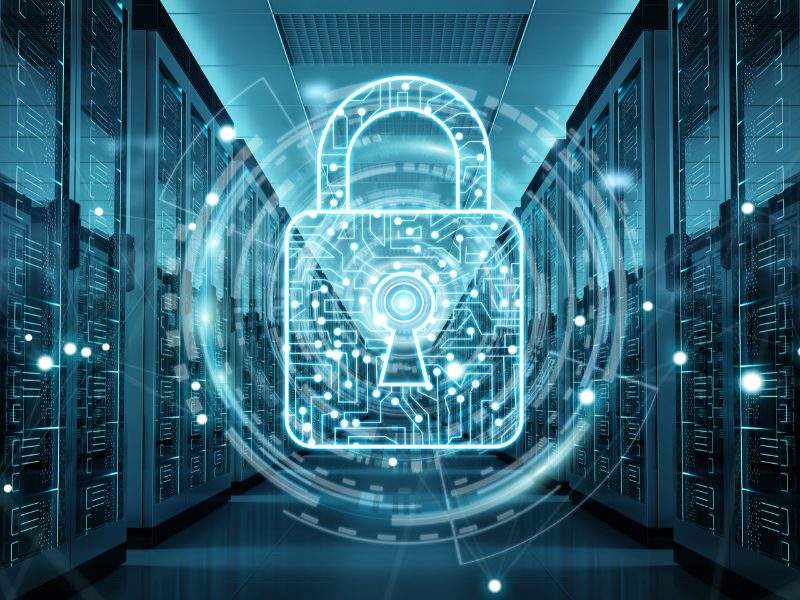- A VPN does encrypt your data, providing a secure channel for your online activities, but choosing a trustworthy provider is crucial.
- Understanding the encryption protocols and limitations of a VPN is essential for making informed choices about your online security and privacy.
In the digital age, privacy and security are paramount. One tool that has gained significant attention for its ability to enhance both is the Virtual Private Network, or VPN. But does a VPN truly encrypt your data? This article aims to demystify the concept and provide clarity on how VPNs work to protect your online activities.
What is a VPN
A VPN is a service that creates a secure, encrypted connection between your device and a server operated by the VPN provider. This connection, known as a VPN tunnel, allows you to send and receive data as if you were directly connected to the private network of the VPN server, even when you are using a public Wi-Fi network.
Encryption basics
Encryption is the process of converting data into a code to prevent unauthorized access. In the context of a VPN, data encryption ensures that the information you send and receive over the internet cannot be intercepted and read by third parties. The VPN uses a set of cryptographic keys to encrypt and decrypt the data.
Also read: What is a VPN and how does it work?
How VPNs encrypt data
The process of encrypting data with a VPN involves multiple steps and protocols to ensure that data remains confidential and intact during transmission. The following is a detailed description:
- Choose a suitable VPN service: First, users need to choose a reliable VPN service provider and install the appropriate VPN client software.
- Establish a secure connection: When a user launches the VPN client, it establishes a secure connection with the VPN server. This process is usually achieved using protocols such as SSL, IPsec, etc.
- Key exchange and authentication: Before establishing a connection, a key exchange and authentication is performed between the VPN client and the server. This step ensures that only authorised users can access the VPN service.
- Data encryption: Once the connection is established, the user’s data traffic is encrypted by the VPN client. Commonly used encryption algorithms include AES (Advanced Encryption Standard) and DES (Data Encryption Standard).
- Tunnel encapsulation: The encrypted data is encapsulated in a virtual tunnel that is maintained by both the VPN server and the client on the public network. This ensures that data cannot be intercepted or tampered with by third parties during transmission.
- Data transmission: Encrypted and tunnel-encapsulated data packets are transmitted over the public network to the destination. The receiver receives these packets and decrypts them using the same key to recover the original data.
- Access control and logging: To further improve security, access control and logging mechanisms can be incorporated into the VPN connection. Only authorised users can access specific resources and all activities are logged for auditing and monitoring purposes.
Benefits of VPN encryption
- Privacy: VPN encryption hides your online activities from your Internet Service Provider (ISP) and anyone else who might be monitoring your connection.
- Security: It protects your data from being intercepted by hackers or other malicious entities.
- Anonymity: By masking your IP address, a VPN can provide a level of anonymity online.
Also read: Protecting your data in the digital age: The most pressing cybersecurity threats
7 types of VPN encryption
The main types of VPN encrypted data include the following:
- Point-to-Point Encryption (PPTP): This is one of the more common VPN protocols in the early days and uses simple encryption techniques to protect data transmission.
- IPSec VPN: Data encryption is achieved using the IPSec protocol.IPSec supports a variety of encryption algorithms, such as AES and DES, and can use hash functions such as SHA and MD5 for authentication as well as DH packets for key exchange.
- SSL VPN: Encrypts the application data transmitted between the two communicating parties via the SSL protocol, rather than encrypting all data from one host to another. This type of VPN is typically used for remote access to internal corporate resources.
- L2TP VPN: Combines the benefits of PPP and IPSec to provide a higher level of security than PPTP. It is usually used in conjunction with IPSec to enhance security.
- OpenVPN: Open source software based on the TCP/IP stack that supports a variety of encryption algorithms, such as AES, RSA, etc., and is widely used in various network environments.
- Tunneling: VPN technology also involves tunneling, which is used to transmit data over incompatible or insecure networks. Tunneling protocols can use encryption to protect data and can implement various layers of protocol stacks of OSI model or TCP/IP model.
- Asymmetric encryption and symmetric encryption: in computer systems, data encryption techniques are generally classified into two forms: symmetric encryption and asymmetric encryption. Symmetric encryption uses the same key for encryption and decryption, while asymmetric encryption uses a pair of public and private keys.
Limitations of VPN encryption
While VPNs are highly effective at encrypting data, they are not without limitations:
- VPN provider trust: The trustworthiness of the VPN provider is crucial. If a provider logs your data, it can be accessed by authorities.
- Jurisdiction: The legal jurisdiction of the VPN provider can affect your privacy. Some countries have stricter data retention laws.
- Performance: Encryption can sometimes slow down internet speeds due to the additional processing required.
A VPN does encrypt your data, providing a secure channel for your online activities. It is a valuable tool for maintaining privacy and security in an increasingly connected world. However, it is essential to choose a reputable VPN provider and understand the limitations of VPN encryption to make informed decisions about your online security.

